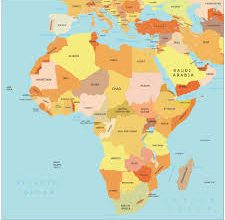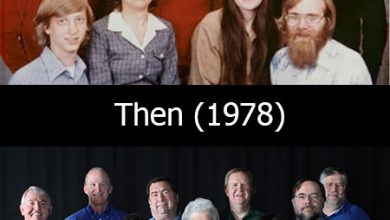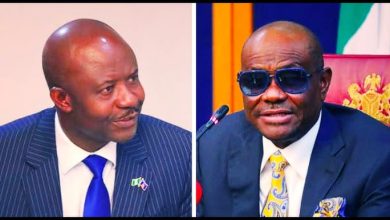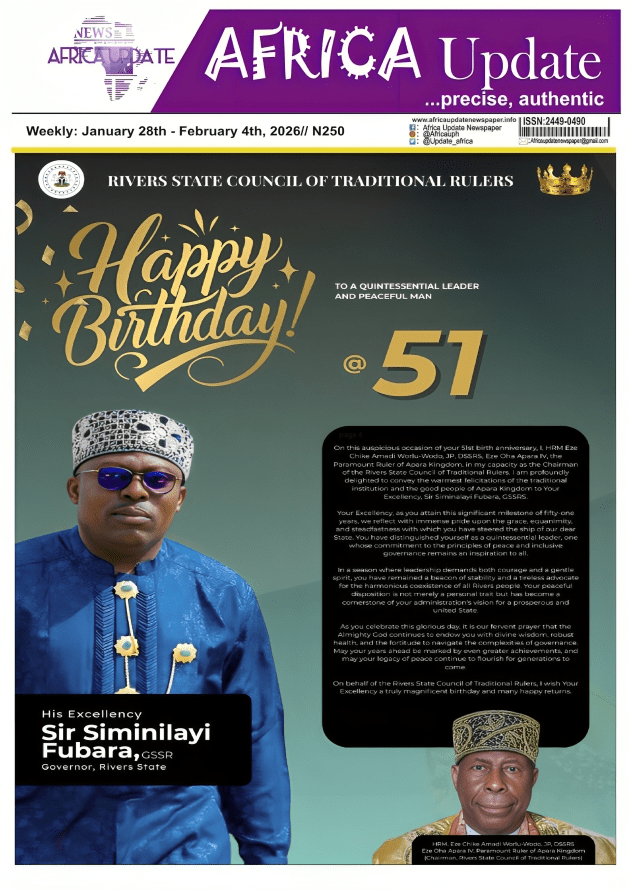
By Samuel Mayowa
Out of fifty-nine years of being an independent state, Nigeria has miraculously been able to survive twenty-one years of uninterrupted democracy. Although this has however come with stiff challenges ranging from terrorism, armed banditry, corruption, bad leadership, dilapidated and non-provision of social amenities, poverty, voter apathy and election rigging, along with many other societal ills; this remarkable day is still worth celebrating as we forge ahead, hoping for a better future.
The two decades and one year of democracy in Nigeria is one bottled up with mixed feelings, mostly negative though, despite the huge potentials abound in the country. The gains of democracy are hardly enjoyed by the citizens as they are consistently being deprived of liberty, transparency, economic opportunities, security amongst many others. This is continually making her being tagged “sleeping giant as against the giant of Africa that it used to be called during her long-gone glorious days.
American political scientist, Larry Diamond on his view on democracy, he says democracy consists of four key elements: a political system for choosing and replacing the government through free and fair elections; the active participation of the people, as citizens, in politics and civic life; protection of the human rights of all citizens; a rule of law, in which the laws and procedures apply equally to all citizens. However, the execution of this in our part of the world is always floored with abnormalities as against the global standard practices.
Disappointingly, the result of this over the years is the low voter turnout which has gone a long way to further prove the lack of acceptance by the people on how democracy is being run by those at the helm of affairs in government. In 2019, Nigeria recorded its lowest voter turnout in its democratic history and the lowest in West Africa with a 34.8 percent voter turnout, a distant contrast to the 69 percent voter turnout recorded in 2003.
A Chief European Union observer, Max van den Berg in 2007 stated that the polls were a dismal show of zero credibility. Little wonder why elections in Nigeria are usually marred with contested results citing irregularities and illegitimacy such as vote-buying, ballot snatching, and stuffing, disenfranchisement, child voting, voting by proxy and other electoral malpractices trail elections in the country.
Also, the unabated infringement of the citizens’ Fundamental Human Rights, mostly by security agencies hasn’t waned. This is evident in the activities of the Department of State Services and the Special Anti-Robbery Squad which has become a big dent on Nigeria’s ailing democracy.
Furthermore, the seat of power has become a nest for widespread corruption in the country. It is interesting to note that over the years, even the image and integrity of the judiciary has been tarnished. Still fresh in the memory is the case of Nigeria’s former Chief Justice Walter Onnoghen who was convicted of false declaration of assets after failing to reveal the money he held in foreign bank accounts. Gladly, Justice Onnoghen is presently serving a 10 year ban from holding public office.
The legislature isn’t left behind in the shameful act of corruption. Asides the constituency project fraud and many others, there is the injustice of punishment for corrupt officers against that of the ordinary citizen. An ordinary citizen can be jailed for stealing maggi while a public officer who diverted about ₦1.2bn while in office could be told to just pay a fine as punishment or could even escape justice mostly because of the influence he has. Nigeria is missing in the list of fully democratic countries in the world compiled by the Economist Intelligence Unit in its annual Democracy Index in 2017.
However, one shouldn’t overlook the slight progress being made. For instance, the judiciary which has been one of the pillars of Nigeria’s democracy, despite going through one of its turbulent periods mentioned earlier, has been able to withstand this and many other challenges. Also, the Independent National Electoral Commission is improving in their capacity and integrity. We can now witness healthy competition in the political sphere as against the Peoples’ Democratic Party dominance since 1999 before their ousting and takeover in 2015 by the All Progressives Congress.
Therefore, to ensure that these few steps to progress elevates to giant strides and further yield fruits, Nigerians should stop making their choices of leaders only known on social media but should also do that by performing their civic duties at the polls. Nigerians should hold their leaders accountable as well, in order to curb the incessant impunity ravaging our crawling democracy. Oppression of citizens, crackdowns on civil liberties, media suppression should stop. Rather, transparency should be embraced. This is the only way we can all experience the actual gains of democracy.







